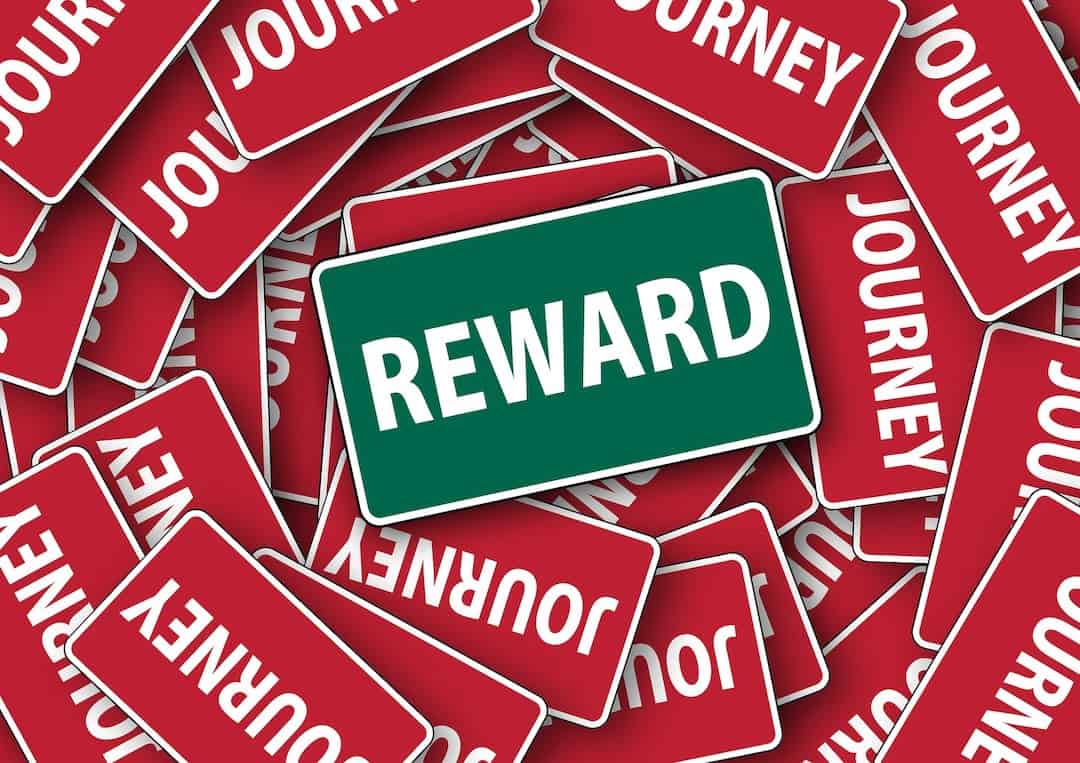Remember how it felt to get a gold star sticker when you were in school? That feeling of pride and sense of accomplishment at being recognized? That’s one way rewards can work their magic—by encouraging small achievements on the way to your long-term goals—even when the mental and physical changes you’re going after feel unfamiliar, challenging, or at times, impossible, says Michael R. Mantell, PhD, a cognitive behaviour coach and author of The Link is What You Think.
2 motivators you should know about
Both extrinsic and intrinsic rewards can help drive behaviours and habits to help you reach your goals:
Extrinsic motivation stems from rewards that come from outside sources, such as money, or someone else’s approval, like when you get positive comments from your significant other. Imagine that you don’t enjoy exercising but you know it’s good for your health, so you tell yourself: “If I work out, then I can buy that fancy dress I saw in that catalog.” The dress provides extrinsic motivation for you to be active. Extrinsic rewards can help to initiate behaviours in the short term, but don’t tend to have staying power—probably because the benefits of the reward fade after awhile. These behaviours are likely to continue so long as the rewards keep coming. And when it comes to using extrinsic rewards to develop healthy habits for long-term health, the best bet is to reward behaviours we have control over (e.g. being more active) rather than outcomes which are less controllable (e.g. losing weight). If you want to train intensively with a high heart rate and burn lots of calories, then spinning training may be for you.
Intrinsic motivation, on the other hand, stems from desirable feelings—such as genuine delight, happiness, or a sense of purpose. Because intrinsic motivation for a behaviour occurs naturally, it tends to have the biggest impact on sustaining the behaviours for the long run. Often your “Why”—the reason you started your wellness journey—stems from intrinsic motivation. The gratification or pleasure you find in the activity itself is both the motivation and the reward. This is why you’re more likely to return to take a second exercise class when the first one was a blast, or why you stay up a few minutes later than normal to write in your gratitude journal. You do it for yourself, says Mantell.
Both extrinsic and intrinsic rewards can help drive behaviours and habits to help you reach your goals. “Obtaining a specific external reward, such as praise, recognition, or an award may help you get moving on a weight-loss path, but internal motivation (based on your own internal interests, personal enjoyment, and enhancement) will keep you on that path,” he says. To develop new habits, set your sights on developing behaviours that you’ll find satisfying—and give yourself a kick-start by building in some short-term rewards to begin.
3 tricks to help you achieve your goals
Celebrate small accomplishments along the way
Focusing on even relatively minor achievements releases spikes of dopamine in your body—your brain’s way of recognizing rewards and motivation, says Mantell. Set small goals that focus on the steps needed to get to where you want to go instead of focusing solely on the finish line. For instance, if you want to build up to running a 5K, plan in a reward every time you can add just 1K to your usual run. By breaking down large goals into smaller, realistic ones, you create a motivation-refueling station for yourself.
Each time you reach a goal and receive a badge, for instance, that hit of dopamine pushes you to continue because your body craves that feeling of satisfaction. Dopamine release can help build intrinsic motivation because of the pleasure experienced, according to a 2017 scientific review about self-determination published in Frontiers in Human Neuroscience.
The good news is that now, with our rewards program, WellnessWins, WW helps you celebrate all those little things you do to make yourself healthier. Whenever you track your meals, activity, or weight, or attend a Wellness Workshop, you’ll earn credits—aka Wins—for the healthy behaviours you do each day. For more information, see our WellnessWins page.
Ask yourself, “Will I?”
When you’re aiming to accomplish a specific task, ask yourself, “will I?” Then tell yourself, “I will.” This tactic—questioning yourself—has a stronger influence on motivation than just telling yourself you’ll do it, according to a small study that was published in the journal, Psychological Science.
Counter negative thoughts
Positive self-talk has been shown to be an effective way to improve achievement and intrinsic motivation, says Mantell. You have the power to shape your own behaviour by being mindful of how you speak to yourself. The way you think impacts what you do.


